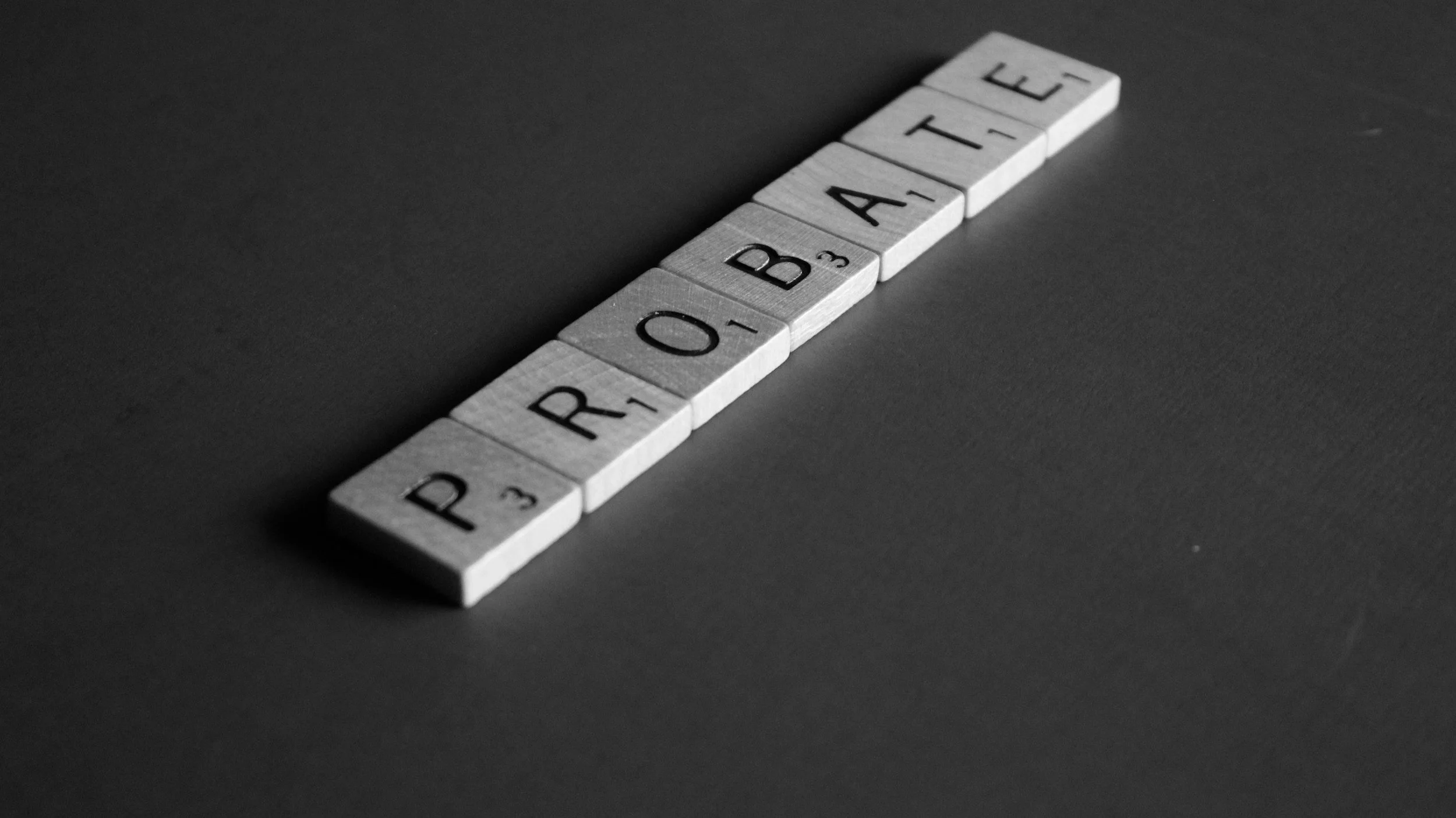If you are newly-engaged or married, updating or creating your estate plan is an important part of establishing your new life together with your spouse. Below are a few estate planning considerations for newlyweds:
Beneficiaries: After getting married, you may wish to update your beneficiary designations on retirement accounts, brokerage accounts, and life insurance polices to include your new spouse.
Property Titles: If you owned real property or a vehicle prior to your marriage, you may choose to update your title to add your spouse as a joint titleholder. That way, ownership will transfer to the surviving spouse in the event one spouse passes away.
Wills: You will likely wish to account for your new spouse as a beneficiary in your will. Additionally, if you plan to have children, you can utilize your will to select a guardian and make a plan for passing assets to your children.
Powers of Attorney: Spouses typically designate each other as primary agents for purposes of making financial and medical decisions in the event of incapacity.
Show your new spouse some love this Valentine’s Day by planning for the future.



















